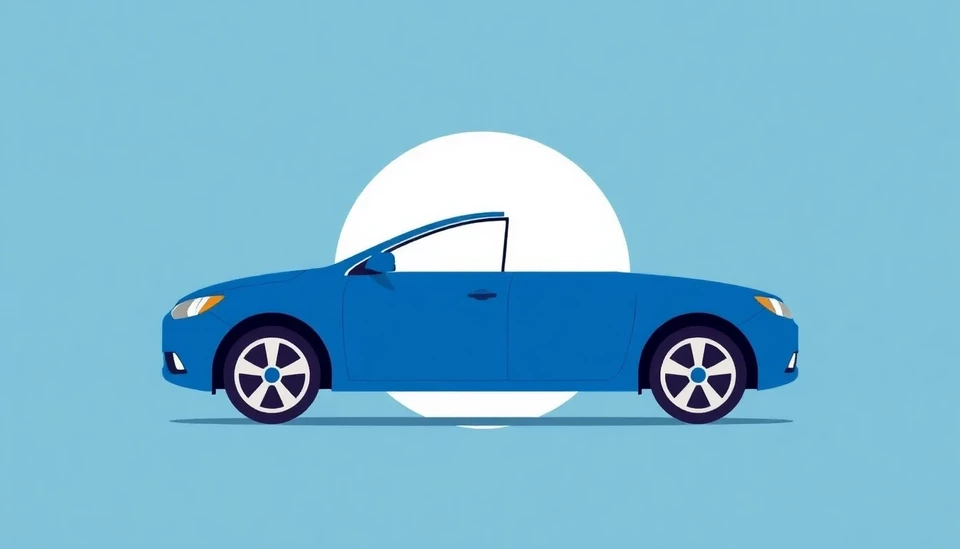
In a bold and contentious move, former President Donald Trump has revived discussions surrounding imposing tariffs on imported vehicles. The decision, if enacted, is expected to have significant and far-reaching consequences for the automotive industry, U.S. consumers, and the overall economy. Analysts at Wedbush have described this potential tariff implementation as a precursor to an "economic Armageddon."
The looming tariffs are not merely an isolated action but are poised to trigger a chain reaction rippling through the automotive landscape. The proposed tariffs could reach as high as 25%, drastically inflating vehicle prices and exacerbating existing supply chain problems. The implications of such a move extend beyond the auto industry, affecting many sectors reliant on vehicle manufacturing and distribution.
According to Wedbush, the automotive sector, which has already been beset by challenges due to supply chain disruptions and rising costs, will bear the brunt of this policy. The analysts argue that a significant price spike on imported vehicles could lead to decreased consumer demand, pushing manufacturers to the brink as they grapple with dwindling sales. In essence, the tariffs could unravel the delicate balance of the auto market, leading to increased layoffs and economic downturns.
Moreover, the repercussions go beyond the immediate stakeholders. Consumers, who are already navigating a landscape of rising prices for goods and services, will likely face even higher costs for purchasing vehicles. Higher tariffs on imports translate to inflated prices, which means everyday Americans may think twice before making a significant purchase, further dampening economic growth.
Moreover, the push for such tariffs comes amid rising tensions in international trade relations. Experts warn that the tariffs could provoke retaliatory measures from other nations, exacerbating a trade war that could unravel hard-won progress in global commerce. This could lead to a cycle of escalating tariffs and counter-tariffs that ultimately harms all parties involved; the international market could see significant disruptions, stalling the momentum gained in recent years.
In sum, the revival of Trump's proposed car import tariffs poses a multifaceted challenge that threatens to derail both the automotive sector and the broader economic landscape. With predictions of “economic Armageddon” on the table, stakeholders are left to grapple with uncertainty about the future of vehicle importation and its implications for American consumers.
Industry leaders and policymakers are urgently calling for dialogue and reassessment of the proposed tariffs. They argue that cohesive strategies are needed to bolster the domestic auto industry without resorting to protectionist measures that could inflict greater harm on the economy. As the discussion unfolds, the spotlight remains on the decision-makers who will ultimately determine the fate of automotive trade in the U.S.
While the debate continues, one thing is clear: the stakes are high, and finding a solution that appeases all parties will be a monumental task. The potential for economic fallout looms over the automotive landscape, and as history has shown, no one is likely to emerge unscathed if these tariffs proceed as proposed.
#TrumpTariffs #AutomotiveIndustry #EconomicImpact #Wedbush #TradeWar #CarImportTariffs #ConsumerPrices #GlobalTrade
Author: John Harris




